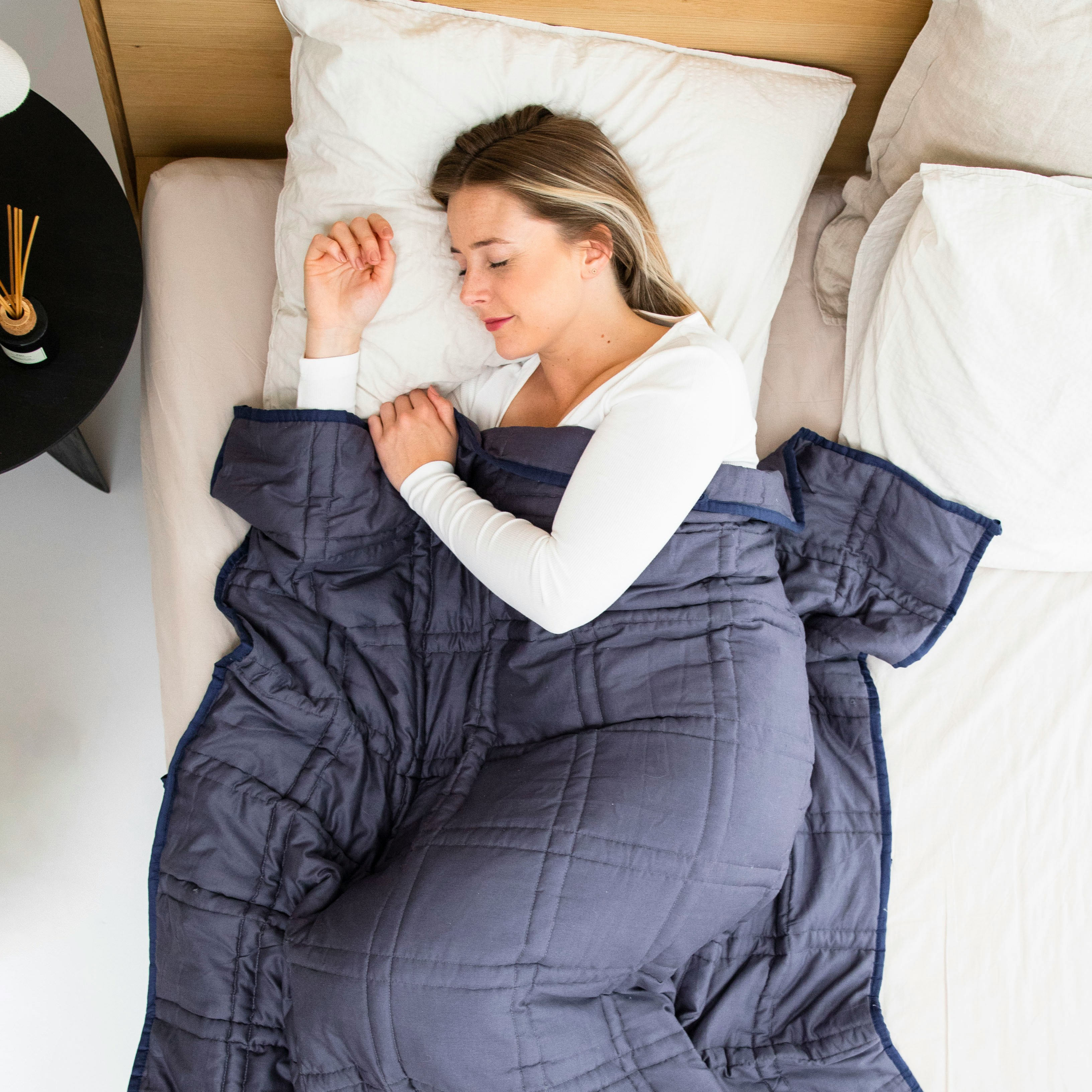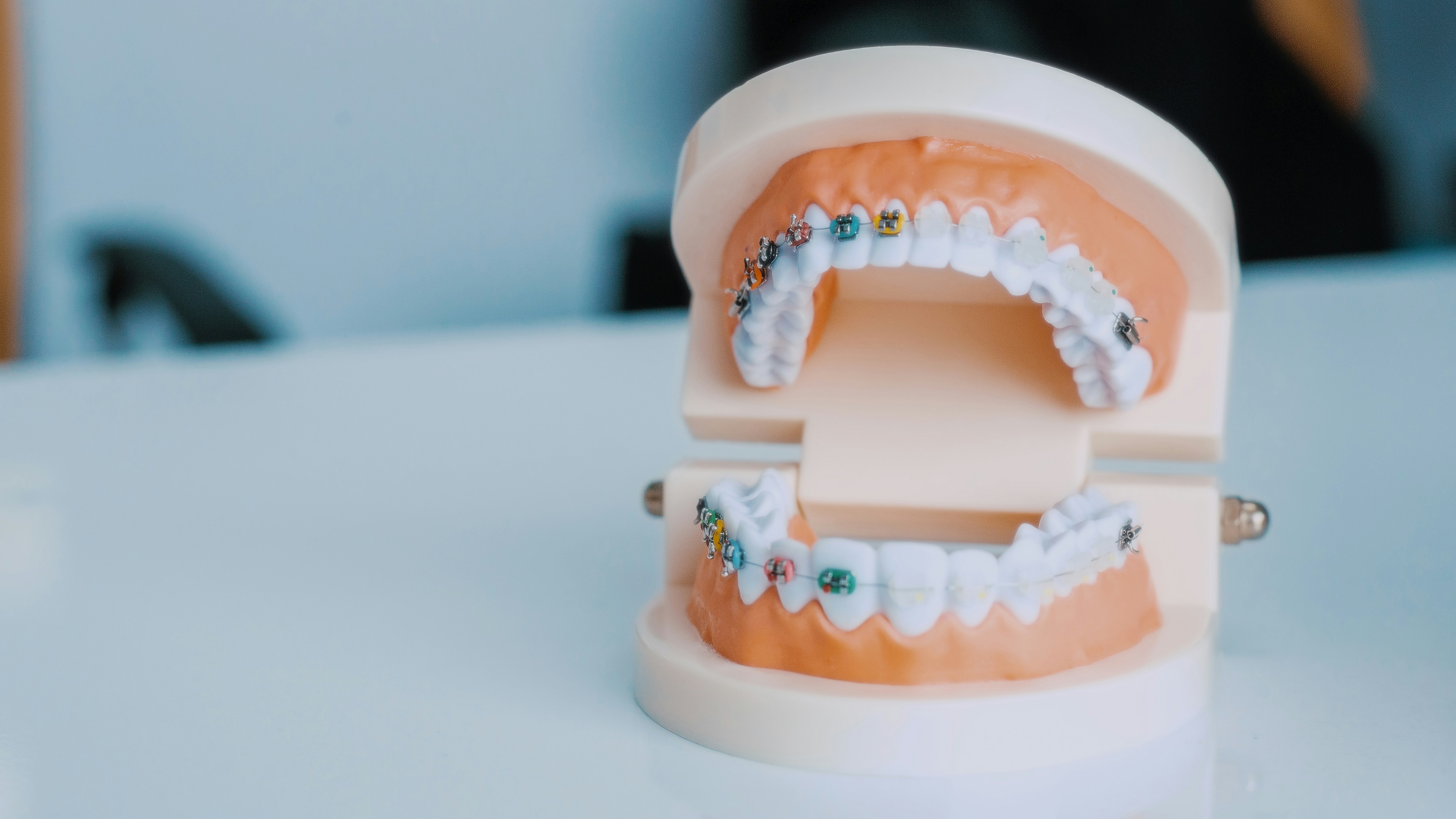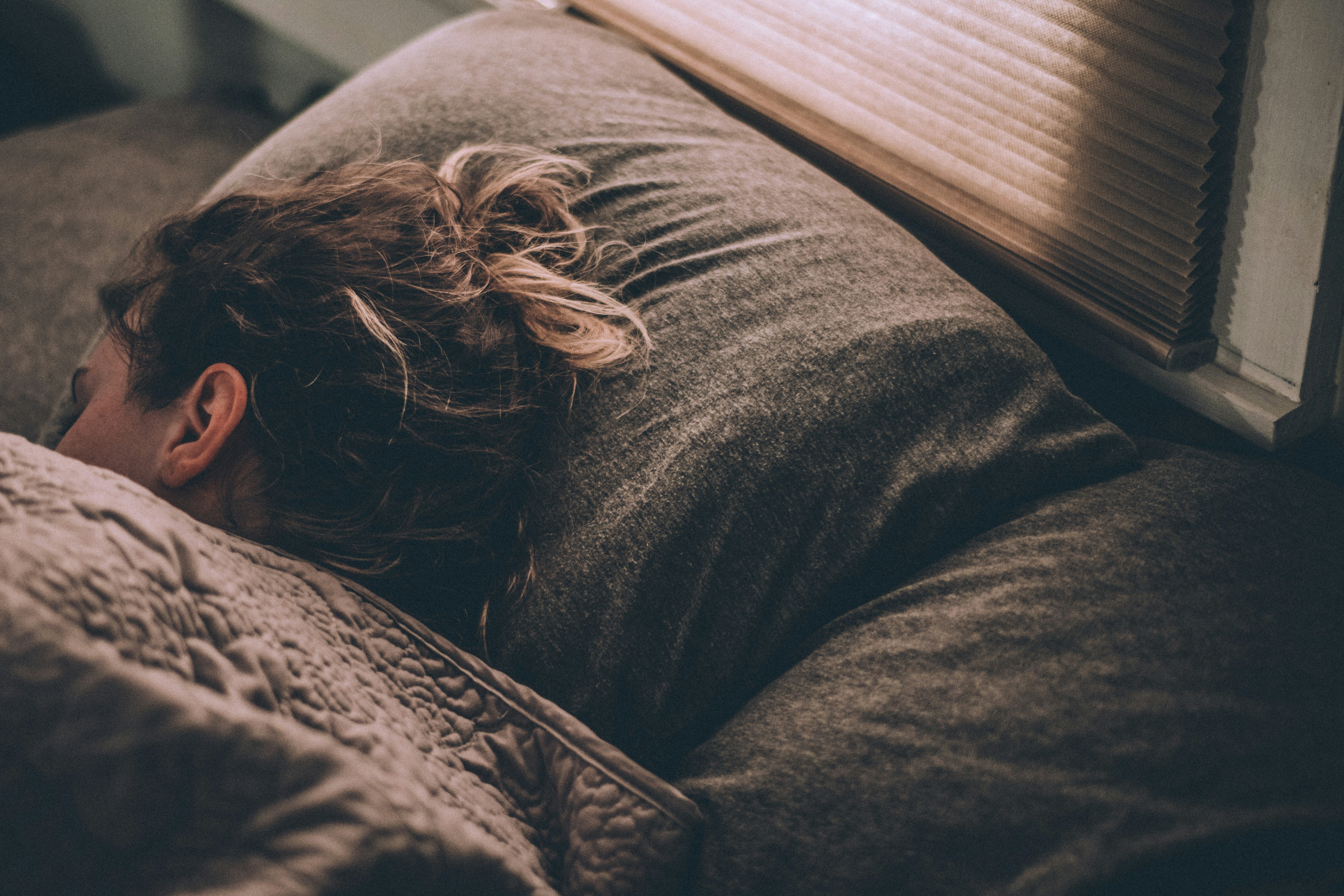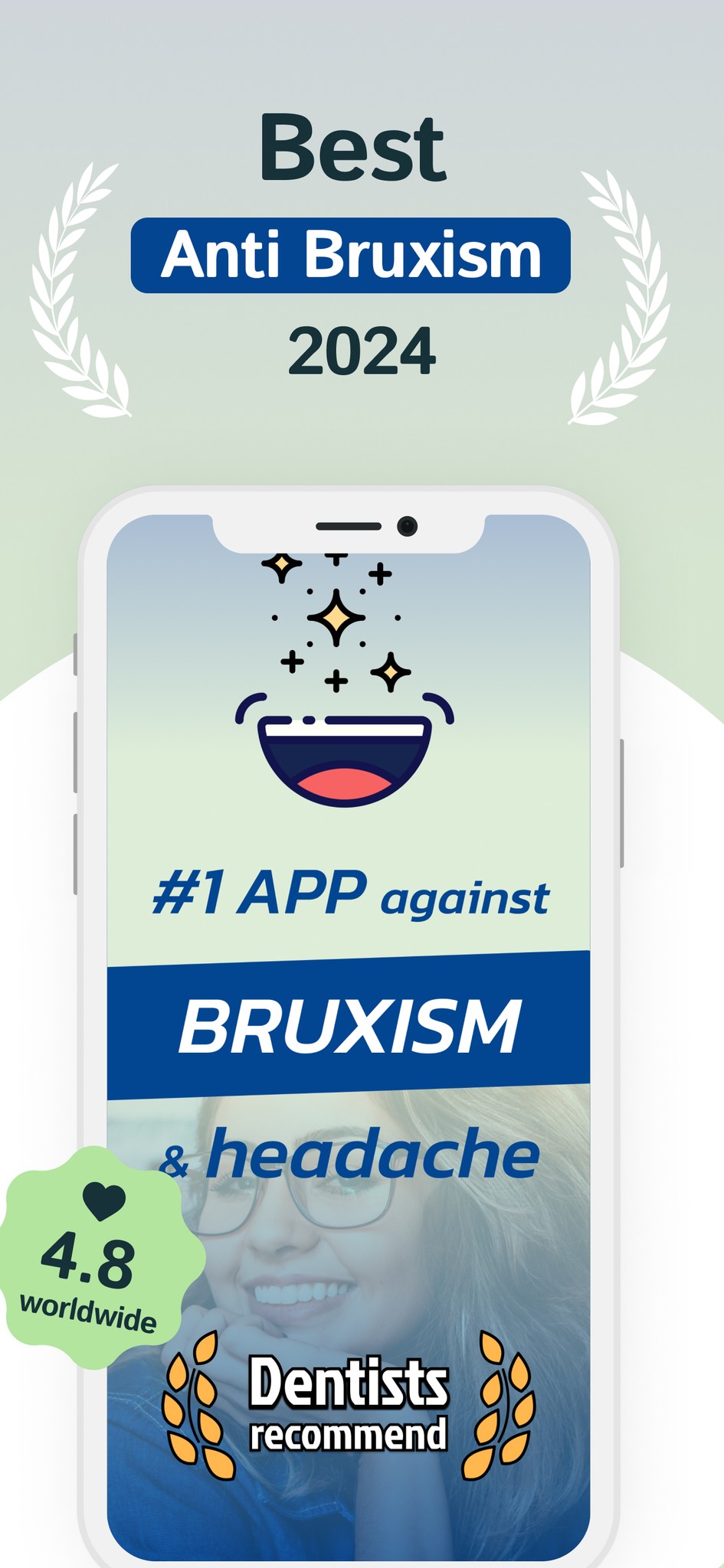
28 oct. 2024
How Sleep Quality Affects Bruxism: Tips for Better Rest
How Sleep Quality Affects Bruxism: Tips for Better Rest
Bruxism, the involuntary grinding or clenching of teeth, can significantly disrupt your quality of life and dental health. One crucial factor that often goes unnoticed in the management of bruxism is sleep quality. Understanding how sleep impacts bruxism can help you develop effective strategies for improvement. In this article, we will explore the relationship between sleep quality and bruxism, along with practical tips to enhance your sleep. We’ll also highlight how the Bruxism+ app can support your journey to better sleep and reduced grinding.
The Link Between Sleep and Bruxism
Sleep plays a vital role in the body’s recovery and relaxation processes. Poor sleep quality can lead to increased stress and muscle tension, both of which are significant contributors to bruxism. Here are some key points to consider:
Sleep Disorders: Conditions such as sleep apnea, characterized by interrupted breathing during sleep, can exacerbate bruxism. The lack of restful sleep increases the likelihood of teeth grinding.
Increased Stress Levels: Inadequate sleep can elevate stress levels, leading to heightened anxiety and increased muscle tension in the jaw.
Fatigue: Being overly tired can result in muscle clenching during sleep as your body unconsciously tries to compensate for fatigue.
Recognizing the connection between sleep and bruxism is essential for managing the condition effectively.
Tips for Improving Sleep Quality
Here are some practical strategies to enhance your sleep quality and reduce bruxism episodes:
Establish a Sleep Routine: Going to bed and waking up at the same time each day helps regulate your body’s internal clock. This consistency can improve sleep quality over time.
Create a Relaxing Bedtime Environment: Ensure your bedroom is dark, quiet, and cool to promote restful sleep. Consider using blackout curtains and white noise machines if necessary.
Limit Screen Time Before Bed: The blue light emitted by screens can interfere with your body’s production of melatonin, a hormone essential for sleep. Try to avoid screens at least an hour before bedtime.
Utilize Relaxation Techniques: Incorporate relaxation exercises, such as deep breathing or meditation, into your bedtime routine. The Bruxism+ app offers various relaxation techniques to help you unwind before sleep.
How Bruxism+ Can Help
The Bruxism+ app is a powerful tool for managing bruxism, especially when it comes to sleep quality. By logging your sleep patterns, stress levels, and grinding episodes, you can identify correlations between your sleep habits and bruxism. Additionally, the app provides access to relaxation exercises specifically designed to help you achieve a better night’s sleep.
Conclusion
Sleep quality is a critical factor in managing bruxism. By understanding the relationship between sleep and teeth grinding, you can implement effective strategies to enhance your sleep and reduce bruxism episodes. Utilizing the Bruxism+ app as part of your sleep management plan can empower you to take control of your bruxism and improve your overall well-being. Prioritize your sleep, and you may find significant relief from the discomfort of bruxism.
How Sleep Quality Affects Bruxism: Tips for Better Rest
Bruxism, the involuntary grinding or clenching of teeth, can significantly disrupt your quality of life and dental health. One crucial factor that often goes unnoticed in the management of bruxism is sleep quality. Understanding how sleep impacts bruxism can help you develop effective strategies for improvement. In this article, we will explore the relationship between sleep quality and bruxism, along with practical tips to enhance your sleep. We’ll also highlight how the Bruxism+ app can support your journey to better sleep and reduced grinding.
The Link Between Sleep and Bruxism
Sleep plays a vital role in the body’s recovery and relaxation processes. Poor sleep quality can lead to increased stress and muscle tension, both of which are significant contributors to bruxism. Here are some key points to consider:
Sleep Disorders: Conditions such as sleep apnea, characterized by interrupted breathing during sleep, can exacerbate bruxism. The lack of restful sleep increases the likelihood of teeth grinding.
Increased Stress Levels: Inadequate sleep can elevate stress levels, leading to heightened anxiety and increased muscle tension in the jaw.
Fatigue: Being overly tired can result in muscle clenching during sleep as your body unconsciously tries to compensate for fatigue.
Recognizing the connection between sleep and bruxism is essential for managing the condition effectively.
Tips for Improving Sleep Quality
Here are some practical strategies to enhance your sleep quality and reduce bruxism episodes:
Establish a Sleep Routine: Going to bed and waking up at the same time each day helps regulate your body’s internal clock. This consistency can improve sleep quality over time.
Create a Relaxing Bedtime Environment: Ensure your bedroom is dark, quiet, and cool to promote restful sleep. Consider using blackout curtains and white noise machines if necessary.
Limit Screen Time Before Bed: The blue light emitted by screens can interfere with your body’s production of melatonin, a hormone essential for sleep. Try to avoid screens at least an hour before bedtime.
Utilize Relaxation Techniques: Incorporate relaxation exercises, such as deep breathing or meditation, into your bedtime routine. The Bruxism+ app offers various relaxation techniques to help you unwind before sleep.
How Bruxism+ Can Help
The Bruxism+ app is a powerful tool for managing bruxism, especially when it comes to sleep quality. By logging your sleep patterns, stress levels, and grinding episodes, you can identify correlations between your sleep habits and bruxism. Additionally, the app provides access to relaxation exercises specifically designed to help you achieve a better night’s sleep.
Conclusion
Sleep quality is a critical factor in managing bruxism. By understanding the relationship between sleep and teeth grinding, you can implement effective strategies to enhance your sleep and reduce bruxism episodes. Utilizing the Bruxism+ app as part of your sleep management plan can empower you to take control of your bruxism and improve your overall well-being. Prioritize your sleep, and you may find significant relief from the discomfort of bruxism.
How Sleep Quality Affects Bruxism: Tips for Better Rest
Bruxism, the involuntary grinding or clenching of teeth, can significantly disrupt your quality of life and dental health. One crucial factor that often goes unnoticed in the management of bruxism is sleep quality. Understanding how sleep impacts bruxism can help you develop effective strategies for improvement. In this article, we will explore the relationship between sleep quality and bruxism, along with practical tips to enhance your sleep. We’ll also highlight how the Bruxism+ app can support your journey to better sleep and reduced grinding.
The Link Between Sleep and Bruxism
Sleep plays a vital role in the body’s recovery and relaxation processes. Poor sleep quality can lead to increased stress and muscle tension, both of which are significant contributors to bruxism. Here are some key points to consider:
Sleep Disorders: Conditions such as sleep apnea, characterized by interrupted breathing during sleep, can exacerbate bruxism. The lack of restful sleep increases the likelihood of teeth grinding.
Increased Stress Levels: Inadequate sleep can elevate stress levels, leading to heightened anxiety and increased muscle tension in the jaw.
Fatigue: Being overly tired can result in muscle clenching during sleep as your body unconsciously tries to compensate for fatigue.
Recognizing the connection between sleep and bruxism is essential for managing the condition effectively.
Tips for Improving Sleep Quality
Here are some practical strategies to enhance your sleep quality and reduce bruxism episodes:
Establish a Sleep Routine: Going to bed and waking up at the same time each day helps regulate your body’s internal clock. This consistency can improve sleep quality over time.
Create a Relaxing Bedtime Environment: Ensure your bedroom is dark, quiet, and cool to promote restful sleep. Consider using blackout curtains and white noise machines if necessary.
Limit Screen Time Before Bed: The blue light emitted by screens can interfere with your body’s production of melatonin, a hormone essential for sleep. Try to avoid screens at least an hour before bedtime.
Utilize Relaxation Techniques: Incorporate relaxation exercises, such as deep breathing or meditation, into your bedtime routine. The Bruxism+ app offers various relaxation techniques to help you unwind before sleep.
How Bruxism+ Can Help
The Bruxism+ app is a powerful tool for managing bruxism, especially when it comes to sleep quality. By logging your sleep patterns, stress levels, and grinding episodes, you can identify correlations between your sleep habits and bruxism. Additionally, the app provides access to relaxation exercises specifically designed to help you achieve a better night’s sleep.
Conclusion
Sleep quality is a critical factor in managing bruxism. By understanding the relationship between sleep and teeth grinding, you can implement effective strategies to enhance your sleep and reduce bruxism episodes. Utilizing the Bruxism+ app as part of your sleep management plan can empower you to take control of your bruxism and improve your overall well-being. Prioritize your sleep, and you may find significant relief from the discomfort of bruxism.
Nos dernières histoires :


15 nov. 2024
Dietary Changes That May Help Reduce Bruxism Symptoms


11 nov. 2024
The Impact of Jaw Alignment on Bruxism: What You Need to Know


8 nov. 2024
Comprendre l'apnée du sommeil et son lien avec le bruxisme
Voir tous les posts
Médias sociaux
Médias sociaux
Médias sociaux


